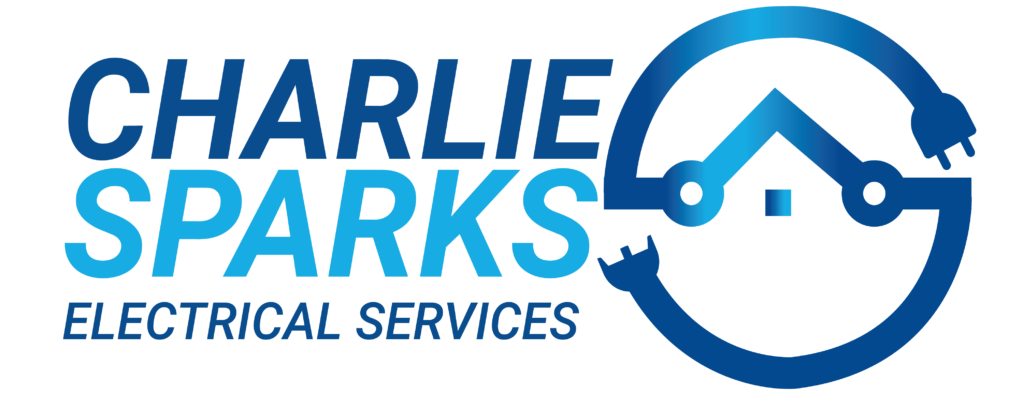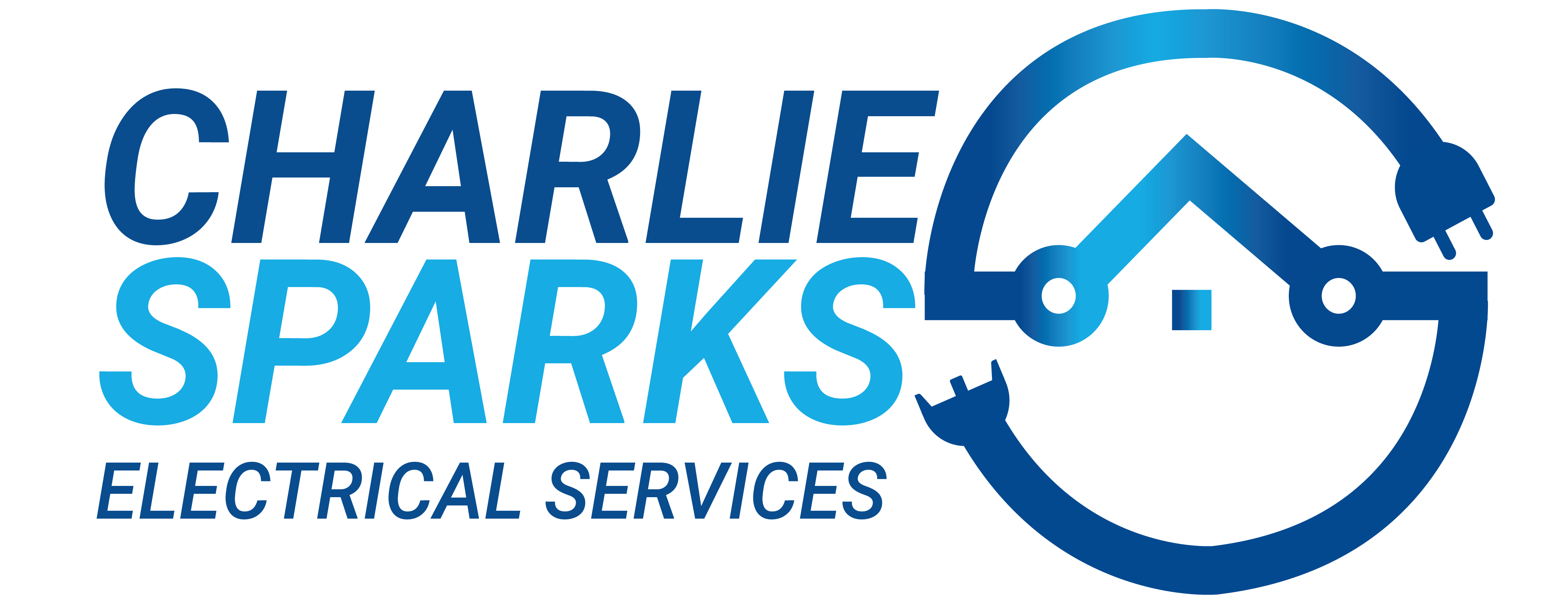If you’re considering going solar, you may be curious about solar energy’s financial viability, your roof’s suitability for solar panels, potential electricity generation, and the best available solar panel manufacturers.
Before investing in solar energy for your home, it is essential to ask critical questions to ensure the property is well-suited for solar panel installation. Here are a few key considerations to review before committing to purchasing or leasing a solar energy system.
Gets Enough Sunlight
Amount of sun
Solar panels are most beneficial when exposed to direct sunlight for prolonged periods; however, this does not mean that the amount of sun must be consistent daily.
It is essential to be aware that seasonal variations in sunlight exposure may be more pronounced in northern regions, with shortened days and decreased intensity during the winter, balanced by extended and more intense daylight hours in the summer.
Heat
Rain and fog
Direct sunlight on your roof
Illuminate
The Direction of your Roof
Location
Orientation
Frequently Asked Questions
The pre-existing seams of metal roofing make it ideal for solar panel installation. Composite roofing is also suitable for solar panel installation. Installing solar panels on tile roofing can be more challenging, as the tiles are prone to breakage, and the installation process may affect the waterproofing.
Due to the potential fire hazard, installing solar panels on a wooden roof is not recommended. Nevertheless, other options are available, such as a ground-mounted system, which may be suitable for your property.
Solar panels are most effective when placed in regions with low cloud cover and high levels of direct solar radiation.
Despite the frigid temperatures, solar panels can still utilize the sun’s light to generate electricity—the energy absorption results from the sun’s luminosity, not its heat. Colder climates maximize solar panel performance.
The construction of a high-grade solar panel should ensure long-term resistance to precipitation.
The expectation is for the solar panel to last 25 years or more. In particular, the outer glass and back sheet components provide additional protection from rain and other environmental factors. Most solar panels can survive such conditions for a long time.




